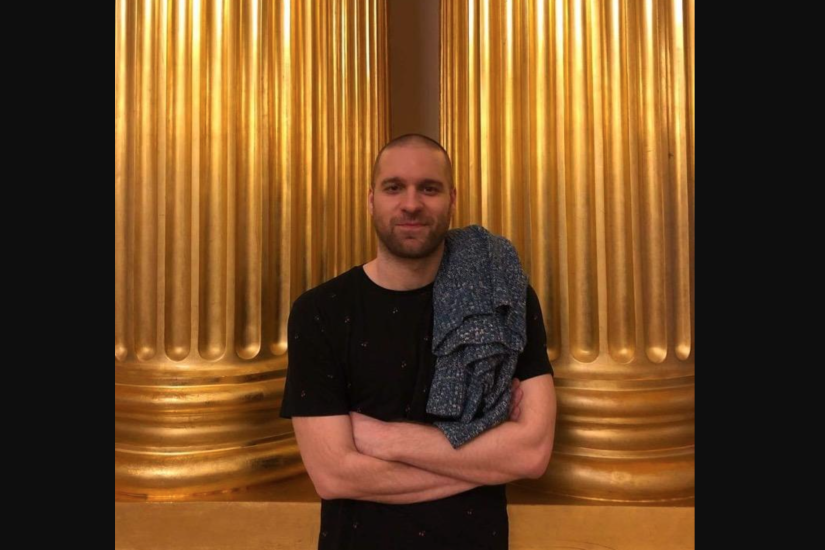
ABSTRACT
This dissertation traces and analyzes the affective, ghostly presences of state socialist pasts of 20th-century Europe within the vast field of experience economy, the focus being on immersive museums, performative practices of historical reenactment, and architectural remains. The central aim of the project is to account for the post/socialist affective complex, as it relates to its immediate socialist past. I am above all interested in the processes of affective articulation of this past and the processes of its commodification within the profit-oriented experience economy; however, I am also interested in the limits to the reach of the experience economy, in the moment when the process of commodification of socialist legacy breaks and inassimilability emerges or uncovers itself. By looking into the bodily aspects of the analyzed case studies on the one hand, and the psychological mechanisms and political practices of nostalgia, irony, trauma, hope, and fear on the other – including the ways through which these are mutually implicated – this project detects and traces ambivalence as the fundamental affective attitude toward a relatively recent socialist past. The steps necessary to detect this affective ambivalence and to offer its comprehensive understanding, also require a re-assessment of the listed categories on the very conceptual level, chiefly through the affective lenses. Ultimately, I claim that these new affective curatorial and performative practices I am looking into, belong to the broader context of affective capitalism. However, they not only commodify the past to profit from its market value but they are deeply invested in the political present, relying on the affective consumer-oriented trends of experience economy in order to frame possible political futures. Finally, this is a process that also, potentially unwillingly, allows for the space in which, exactly through politics of affective experience, this political framing can be contested. I further claim that this contestation or, simply, this fundamental affective-political misalignment exists both as an internal contradiction in the practices and museums I analyze and as a result of consumers exercising their own affective agency; these two usually come together: they are the ambivalence of the post/socialist affective complex.
Defense committee:
Supervisor: Eszter Timár, Department of Gender Studies, CEU
External examiner: Lisa Blackman, Department of Media, Communications and Cultural Studies, Goldsmiths, University of London
Internal examiner: Hyaesin Yoon, Department of Gender Studies, CEU
External reader: Bogdan Popa, Center for Cultural Innovation and Creativity, Transilvania University, Romania
Chair: Tamara Steger, Department of Environmental Sciences and Policy, CEU